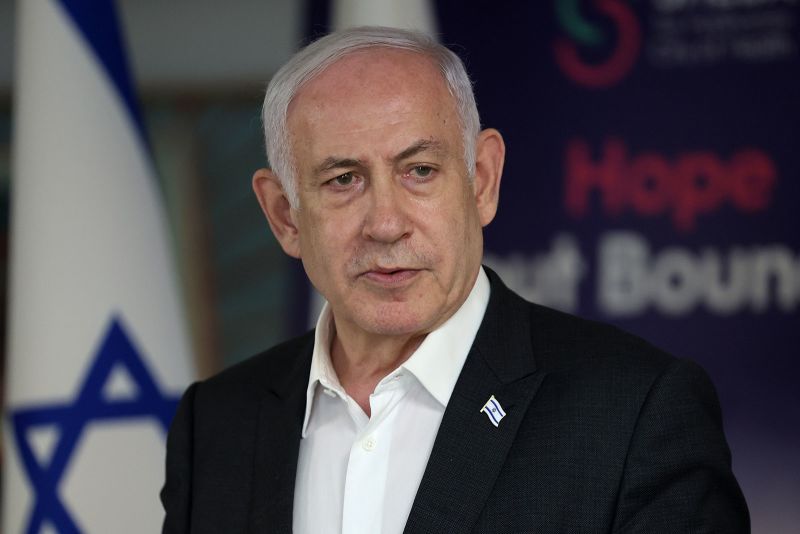
Top Israeli Generals Favor Gaza Ceasefire, Netanyahu Disagrees: An Inside Report
The ongoing conflict between Israel and Palestine has taken a new twist as Israel’s Prime Minister, Benjamin Netanyahu, discarded a report citing that top Israeli generals advocate for a ceasefire in the region, even while Hamas retains power in Gaza.
Netanyahu, known for his stance on Israeli security, has ostentatiously dismissed the report issued by the foreign press indicating there is an underlying sentiment among the top echelons of the Israeli military hierarchy to initiate a ceasefire agreement with Hamas, whilst they (Hamas) remain in control of the Gaza Strip. This report has forcefully collided with Netanyahu’s hardline approach towards the Hamas led-Gaza and has subsequently spurned a volley of reactions from various quarters.
According to a statement from his office, the Prime Minister debunked the report stating it to be bogus and a misrepresentation of the true position of Israeli military top brass. He insisted that any decision to end the conflict would primarily be dictated by the ultimate goal of securing Israeli soil and citizens from Hamas’ incessant rocket attacks. Therefore, Netanyahu ardently insists that the focus of Israel’s military actions will continue to be mitigating the threats arising from Hamas and their allies.
The friction between Netanyahu’s stiffened position and the reportedly dovish inclination of some top Israeli generals underlines a longstanding debate within Israel’s national security apparatus about how to best handle the Gaza Strip, a coastal enclave of 2 million Palestinians led by Hamas since 2007. The divergence is even more noteworthy in light of the recent rekindling of conflicts following the escalation of tensions revolving around Jerusalem’s Al-Aqsa Mosque.
The existence of opposing opinions, whether factual or reported, within the state’s strategic think-tanks, in regards to dealing with the Hamas leadership in Gaza, underscores the complexity of the Israeli-Palestinian conflict. It provides a curious insight into the various approaches being evaluated to reach a long-lasting resolution for this continual strife.
Netanyahu’s outright rejection of an early ceasefire proposal, even with Hamas still at the helm in Gaza, reflects his unwavering position towards retaining Israeli supremacy in this ongoing battle of conflict and ideology. In this singular pursuit, he shows an immovable intent to continue engaging Hamas militarily to ensure the optimum safety of Israeli territory and citizens.
Within this scenario is contained the challenge for Israel as a nation seeking to end an enduring conflict. The tricky task of balancing differing views, agendas, and tactics within its military and political structures presents a distinctive hurdle in Israel’s journey towards achieving peace and tranquility.
In conclusion, irrespective of the diverse views, Netanyahu’s denial of any potential ceasefire agreement while Hamas still maintains power in the Gaza strip is a reaffirmation of his hardened strategy of ensuring top-notch security for Israel. It reflects significant insights into the intricacies and dynamics of the conflicting narratives and perspectives that contribute to the Israeli-Palestinian saga. The desirable resolution would still require collaboration, engagement, internal cohesion, a purposeful strategic approach, and, most importantly, a mutual desire for peace, for this perennial conflict to cease altogether.
